Tips On How To Find Your Dream Home
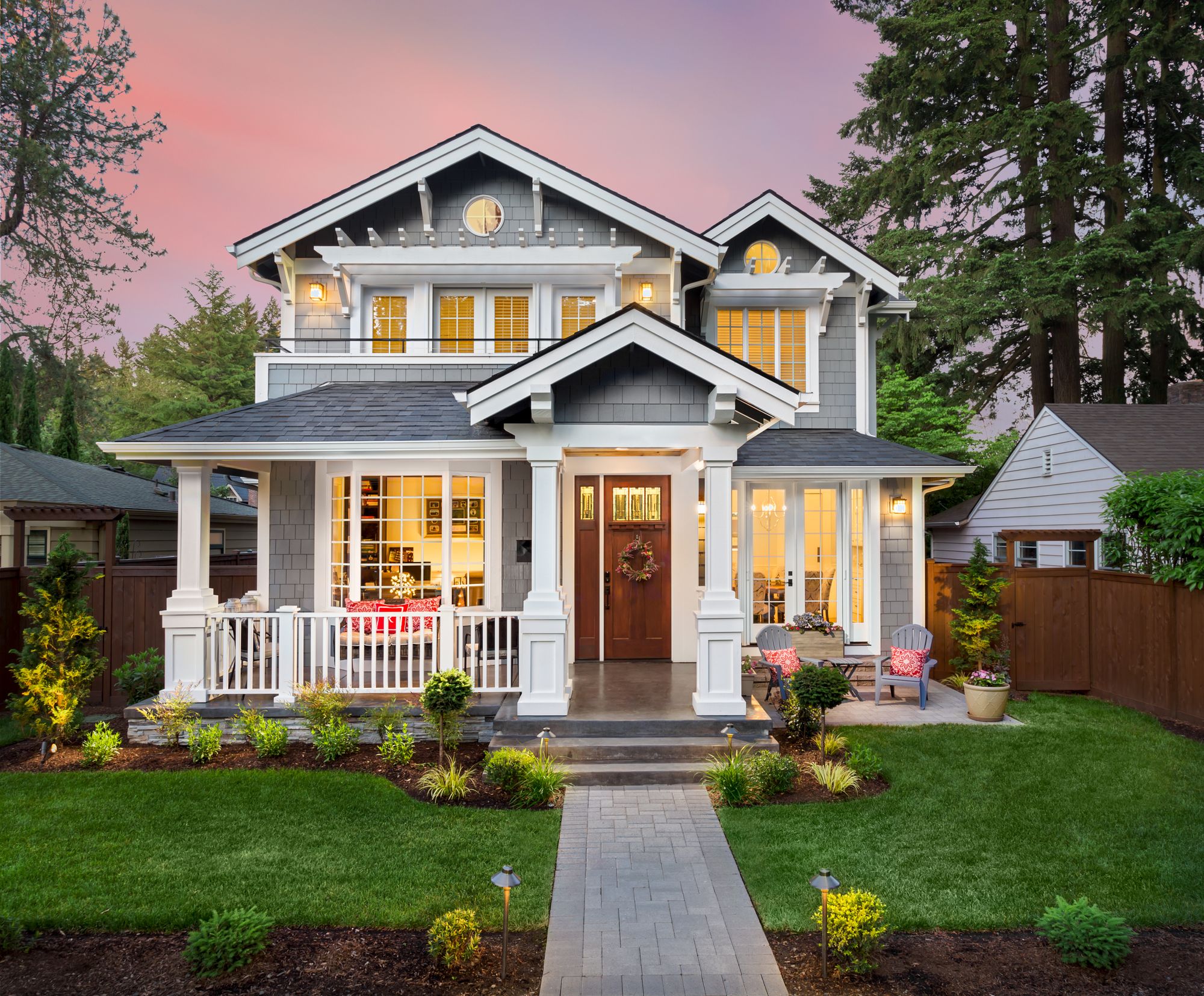
Purchasing a new home can be an exciting endeavor, and most of us hope to find a home that feels like it was made specifically for our family. However, searching for a dream home can be a daunting task with many different things to consider in order to purchase the right home. Don't be afraid to be picky and hold out until you find a home that feels right to you. These 7 tips will help to make sure you find the home of your dreams.
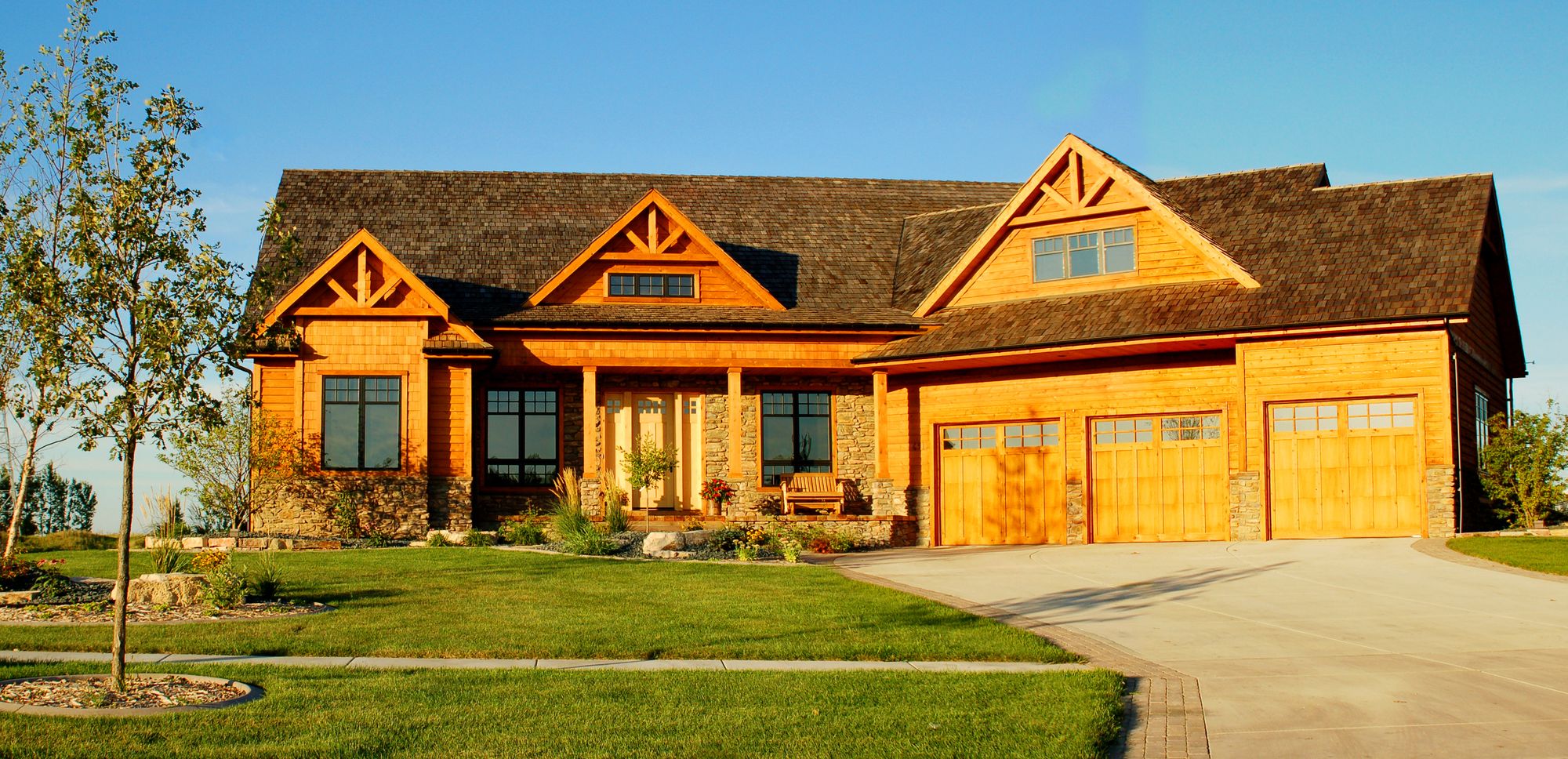
1) The Features You Need and Want
When searching for your dream home it is important to know what you need in a property along with what you would like your new home to have. Make a list of things you must have in a house, such as the number of bedrooms and bathrooms that will accommodate the whole family. You will also want to make a list of features you would like to have, such as a walkout basement, outbuilding, main floor laundry. Have each person in your family make a wish list of which features that they crave. Then you will want to rank each of those features by importance. You probably won't find a home that will check off all of the items on your list, but it will help give you an over all picture of what type of home you are looking for.
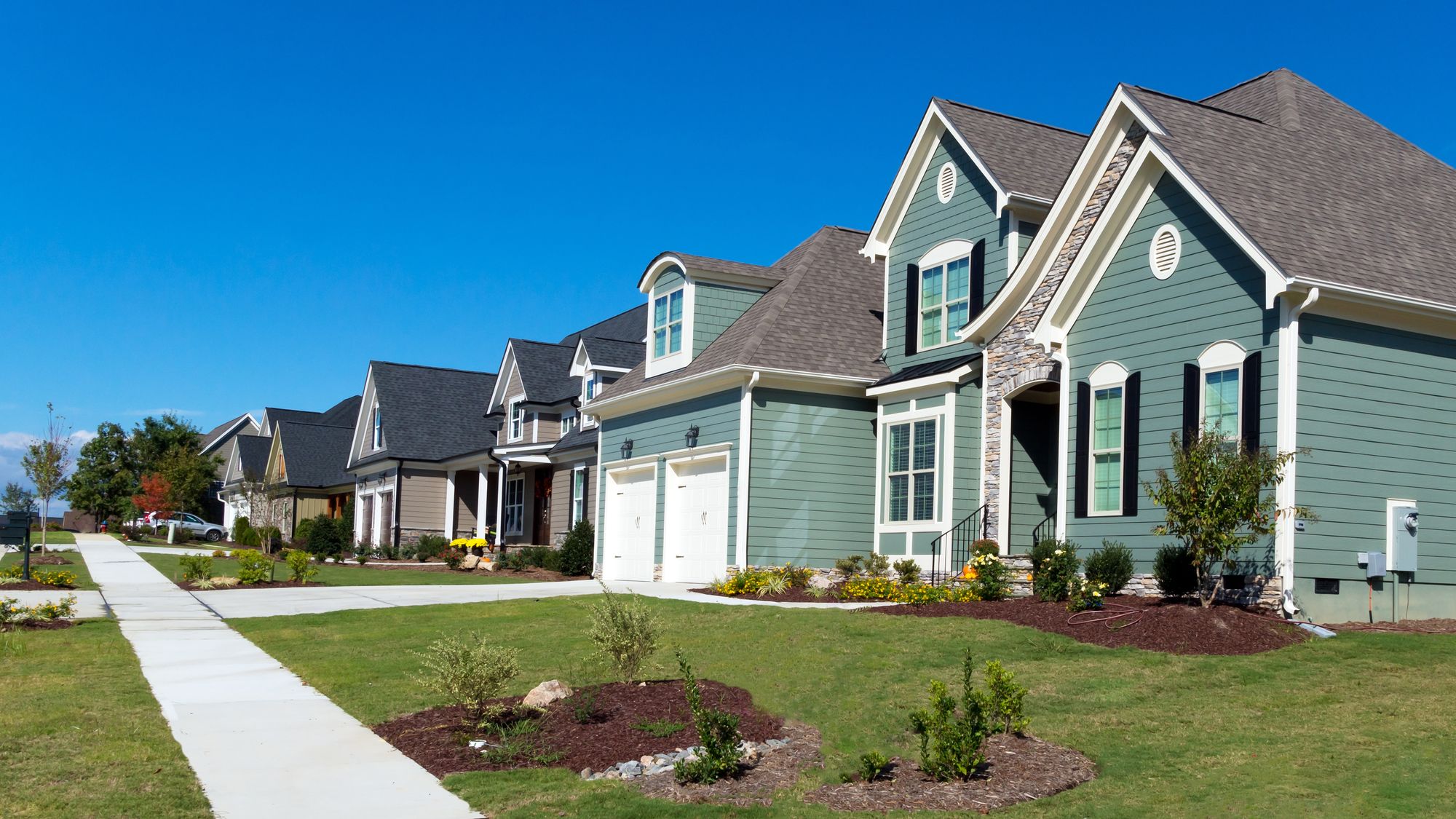
2) Checkout The Neighborhood and Surrounding Area
It is important to remember that your property does not exist in a bubble. You'll want to find a neighborhood that works for you before buying a home. Are you looking for a place to escape and have your very own secluded oasis? Perhaps you want to be in the heart of the city and close to restaurants and entertainment, or perhaps you are looking for a piece of Wyoming prairie to call your very own. Whatever your heart desires, it is important to research the area and drive around the neighborhood. Checkout the nearby park, how close are your neighbors, does it seem like a well kept area. You want to make sure you will feel comfortable in the neighborhood you will be living in.
3) Lot Location and Size
The lot should be in the forefront of buyers' minds, because it can't be altered. When looking at properties it is important to take into consideration the size and location of the lot. Do you want a big backyard, a great view of the city, or privacy from your neighbors? You will want to be able to visualize yourself enjoying this property for years to come. If it seems like you would be making a lot of compromises due to the lot, it is better to keep looking. You will be able to find a similar house on a different piece of land that would work better for your needs.
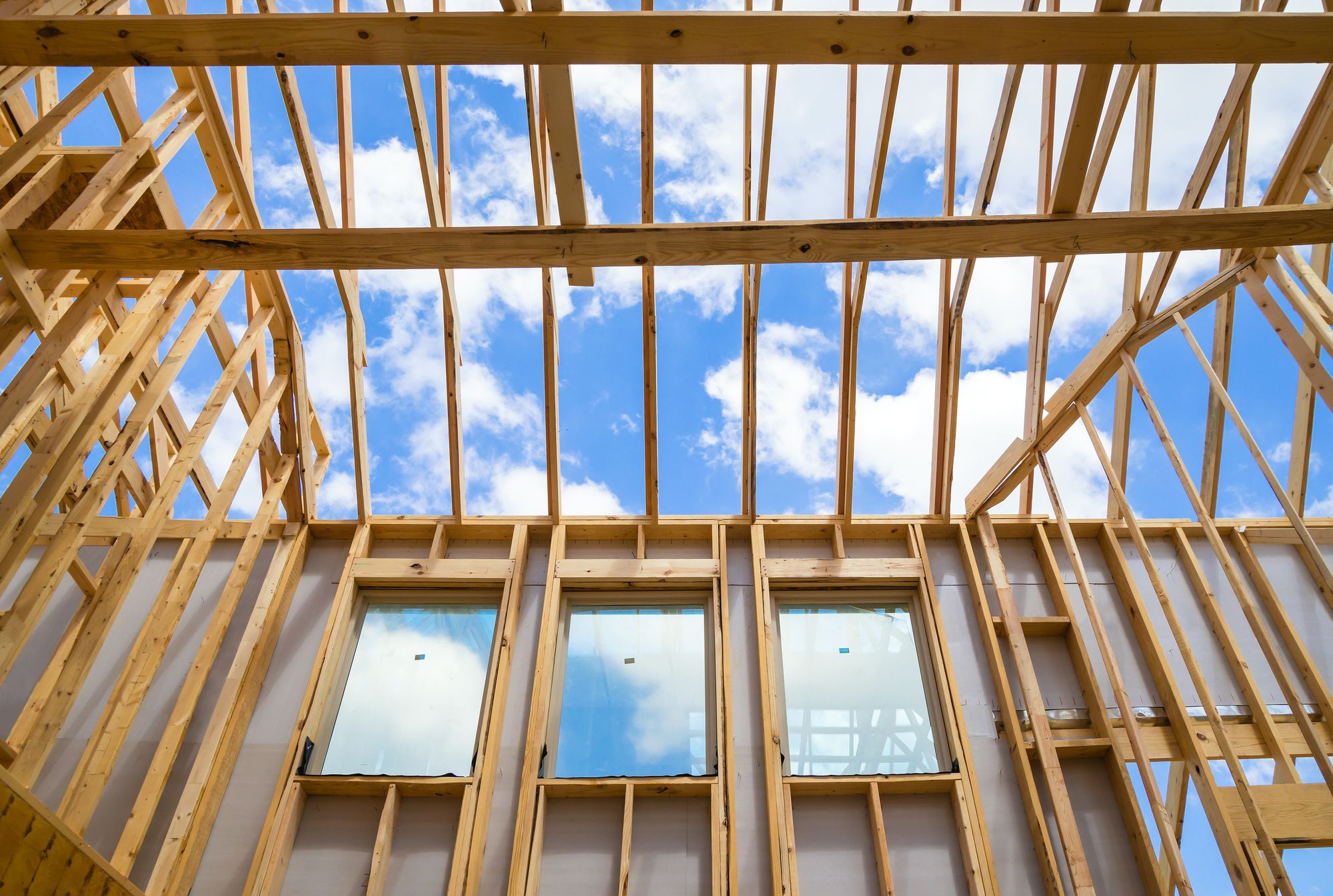
4) The Age of a Property
Both older homes and brand new ones have their own set of pros and cons. Older homes tend to provide a lot of charm, however, they also tend to require a bit more maintenance and TLC then new ones. If you prefer a home that may be more of a turn-key with modern amenities, then new construction may fit your needs better. Although with new construction you will have to put money towards landscaping, fencing, window treatments etc...
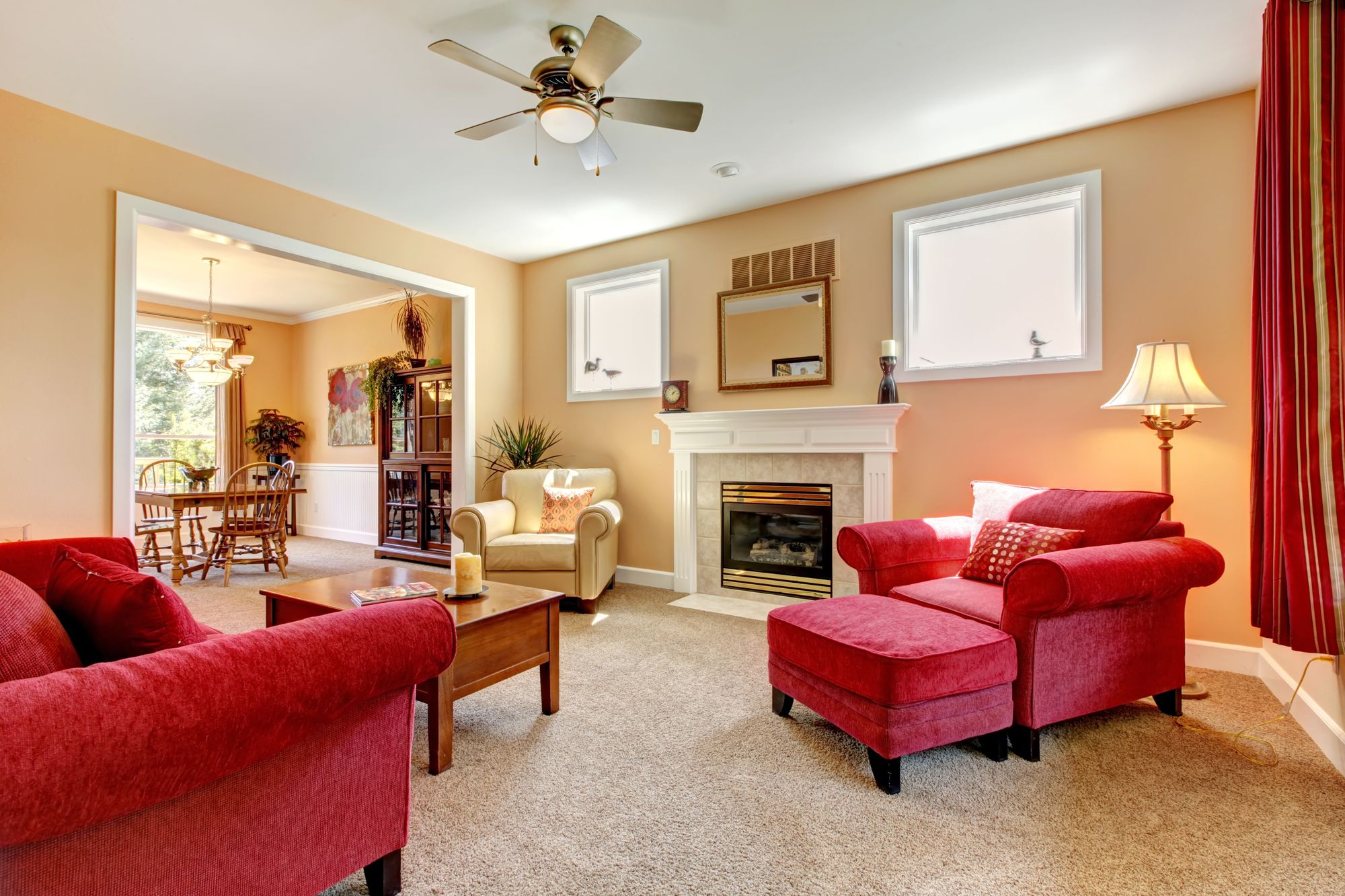
5) The Right Amount of Space and Layout
How much space do you really need? Buying a home that is too small will make you feel cramped, and will leave you continually trying to configure the space to make it work for you. On the other hand buying a space that is too big will allow you to spread out, but it will also increase your cost to live there. You also want a floor plan that best works for your needs. Redesigning a floor plan can be time consuming and costly. It is important to find a layout that is as close to perfect for you as possible. If you like to host parties, then an open concept plan would work best. If your family likes to have their own private spaces, then a more traditional layout might be a better choice.
6) Costs that Make You Comfortable
Your monthly mortgage payment is not the only thing to consider when purchasing a home. You don't want to stretch yourself to your max budget, so it is important to take into consideration the local taxes, monthly utility costs, HOA fees, and any upgrades to the property you may want to make. Keep in mind that most of these costs will remain consistent over time, so it is important to leave a little breathing room in your budget. You want to be able to feel financially comfortable in your home for years to come.
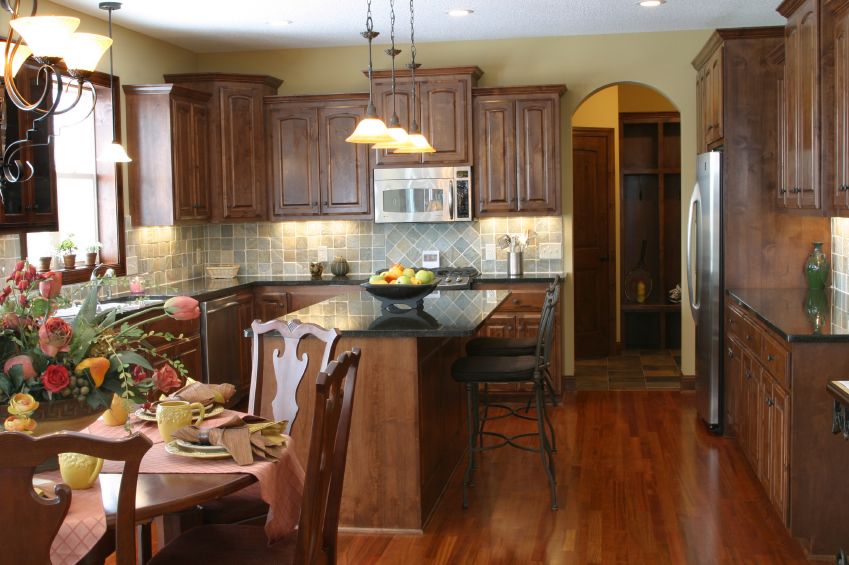
7) Compromises You Can Live With
It is important to be aware of what features of a home you are willing to compromise on and be okay with, versus things that you can't change that will continue to bother you as long as you live there. If you can't stand living on top of your neighbors, then make sure the property you purchase has some breathing room. If you want one-level living, then don't purchase a home with a lot of stairs. Every property is going to have something you will have to make compromises on, but they should be minimal. As a rule of thumb, if you spend more time after looking at a house on the one less-than-desirable aspect of a property rather than the handful of good qualities it has to offer, then the compromise is not worth it.
